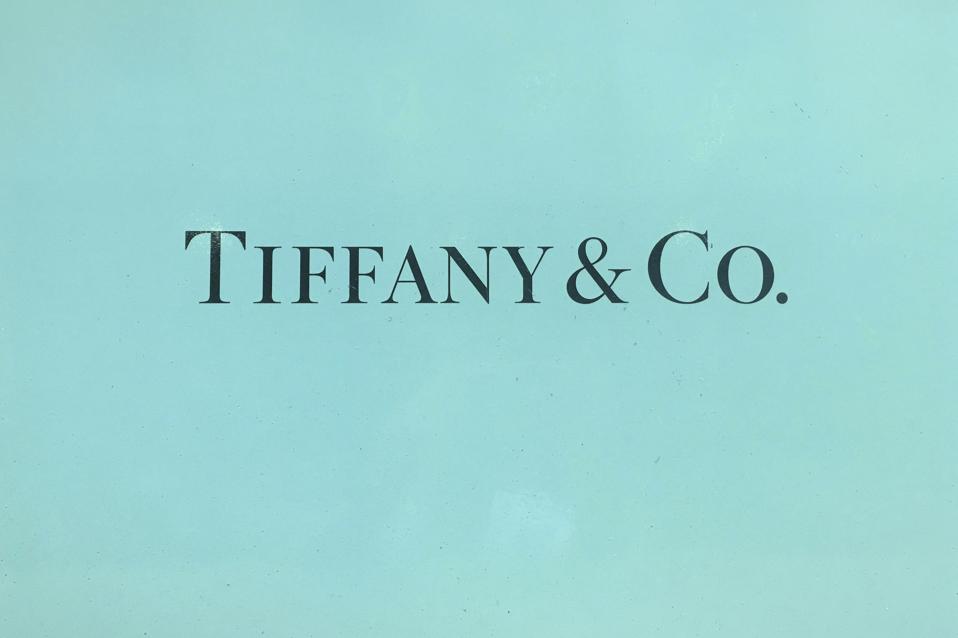Why LVMH Scrapped Deal With Tiffany
by Walter Loeb
The deal of LVMH acquiring Tiffany was made in heaven. The luxury jeweler fit into the LVMH luxury firmament and would have contributed mightily to the earnings. But Bernard Arnault felt that the $16.2 Billion deal was too rich in these stressful times. Several factors complicated the deal and contributed to the decision:
1. LVMH indicated that the deal could not close “as it stands”.
2. The U.S. Government is threatening to impose tariffs on French goods by the end of the year.
3. Despite the initial agreed upon closing date of November 24, 2020, Tiffany had requested postponement of the closing until the end of the year.
4. The French minister of foreign affairs directed the deal should be closed after January 6, 2021. The company, at a press conference, stated that it did not ask for government interference. Such a delay would have meant this deal would close after the U.S. election.
5. Tiffany had filed a lawsuit in Delaware to enforce the agreement. The company asked the court to direct completion of the merger.
6. Not unexpected, LVMH countered the Tiffany law suit with one of its own. It was also filed in Delaware and claimed that the Tiffany court action was unfounded and is deflamatory. The suite argued that Tiffany was dishonest in their relationship with LVMH. In the release, LVMH’s board is quoted as being disappointed with first half results. It seems that the LVMH board does not acknowledge what happens to sales during a world-wide pandemic.
7. Both companies have been hurt by the pandemic which has caused a lack of international and national tourism. Sales for LVMH dropped 17% in the first quarter and 38% in the second quarter. Sales for Tiffany dropped 45% in their first quarter and dropped 29% in the second quarter; sales in China helped their sales momentum. Tiffany has stated that it will have a strong finish for the fiscal year.
One can conclude that the deal broke apart because of the initial agreed upon price of $16.2 Billion. LVMH’s board did not like the high price and tried to renegotiate the deal last November. That did not work. However, valuations have changed during the pandemic, and the outlook for Tiffany is that it might remain an independent company.
Under CEO Alessandro Bogliolo, Tiffany has taken many steps to improve its performance. It has shed some of its merchandise that caused faltering sales and artistic director Reed Krakoff has revamped product offerings and initiated some dynamic marketing. These actions have helped turn around the business by attracting more young customers. In addition, the New York flagship store was renovated and greater expansion in China was initiated which management hoped the LVMH merger would bolster.
Nonetheless, I think that ultimately Tiffany will be owned by LVMH. I believe that Mr. Arnault still likes the luxury company and that the statement of the breakup “as it stands” implies that the two companies can meet again to work out acceptable terms. In this pandemic period caused by the COVID-19 virus, breakups are more frequent. The New York Times referred to the breakdown of the Victoria’s Secret purchase by Sycamore Partners as an example of quick breakups. I do not think that event is comparable since Tiffany has so much international trade at stake.